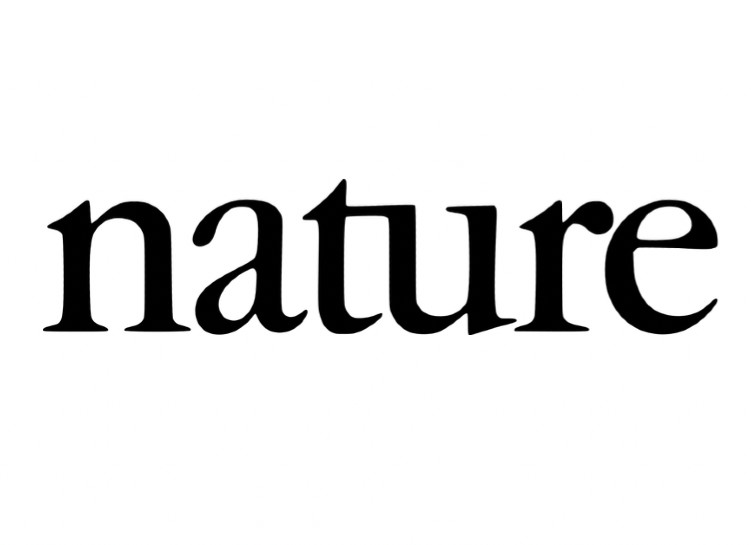When billionaire entrepreneur Elon Musk completed his purchase of Twitter and pledged that “the bird is freed” last week, Felix Ndahinda saw a threat rising on the horizon.
Ndahinda has trained in international law and works in Tilburg, the Netherlands, as a consultant on issues pertaining to conflict and peace in the African Great Lakes region. He has already seen what a ‘free’ Twitter can do. For years, he has been tracking the social-media hate speech that swirls amid armed conflict in the Democratic Republic of Congo1. Much of that incendiary speech has gone undetected by the systems that platforms, including Twitter, use to identify harmful content, because it is shared in languages that are not built into their screening tools.
Even so, Ndahinda expects that Musk’s pledges to reduce Twitter’s oversight of social-media posts would add to the momentum and influence of hate speech in the Great Lakes and beyond. “A permissive culture where anything goes will always increase the trends,” says Ndahinda. “It will embolden actors and increase the virulence in their hate speech.”
And regulations on the way from the European Union could make Musk’s ‘free speech’ rhetoric impractical as well, says Rebekah Tromble, a political scientist at George Washington University in Washington DC. The EU’s Digital Services Act, due to go into effect in 2024, will require social-media companies to mitigate risks caused by illegal content or disinformation. In theory, Twitter and other platforms could try to create separate policies and practices for Europe, but that would probably prove difficult in practice, Tromble says. “When it’s fundamental systems, including core algorithms, that are introducing those risks, mitigation measures will necessarily impact the system as a whole.”


